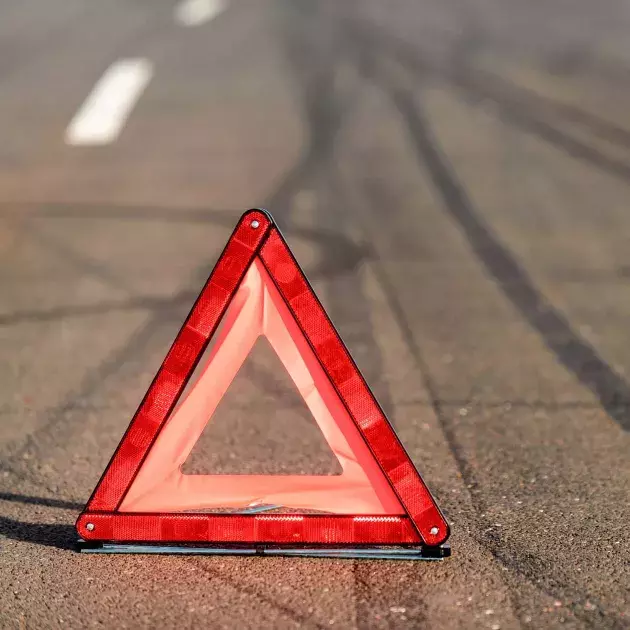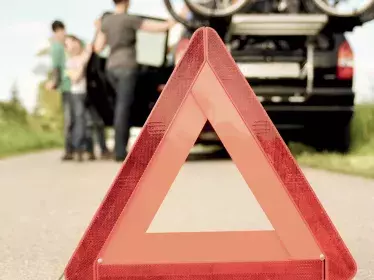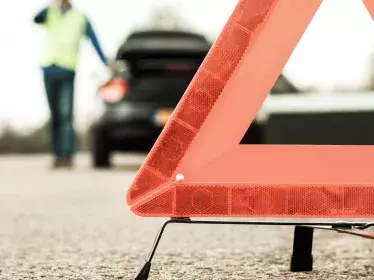Vehicles have never been so safe, but it is still possible to have an accident. Here’s what to do in the event of a collision, whether there are casualties or not.
Have you been involved in an accident where someone has been injured?
After the impact of the collision, it is important to secure the scene. Evacuate all vehicles and assist those in need of support. Caution: except if there is a fire, do not remove a seriously injured person from a vehicle as you could end up making their condition worse. Mark out the road with the safety triangle and with the help of those present (including any warning lights) so that you can warn other drivers and get them to slow down in order to avoid another accident. Call the emergency services (on 101 or 112). Try to memorise or note down the registration plates of the vehicles involved as soon as you can. Stay calm and don’t forget your safety vest! If witnesses or other people involved in the accident offer to help, divide up and allocate tasks (marking the road, warning people, consoling anyone suffering from shock, calling for help). Anybody who is not involved in securing the area should take shelter behind the crash barriers or well away from traffic. Do the same if the situation becomes really dangerous for you. When the emergency services arrive, provide them with any information that you feel will help them to reach victims and identify priority cases. Inform your loved ones and/or your employer as soon as possible since they may be concerned about your absence/delay.
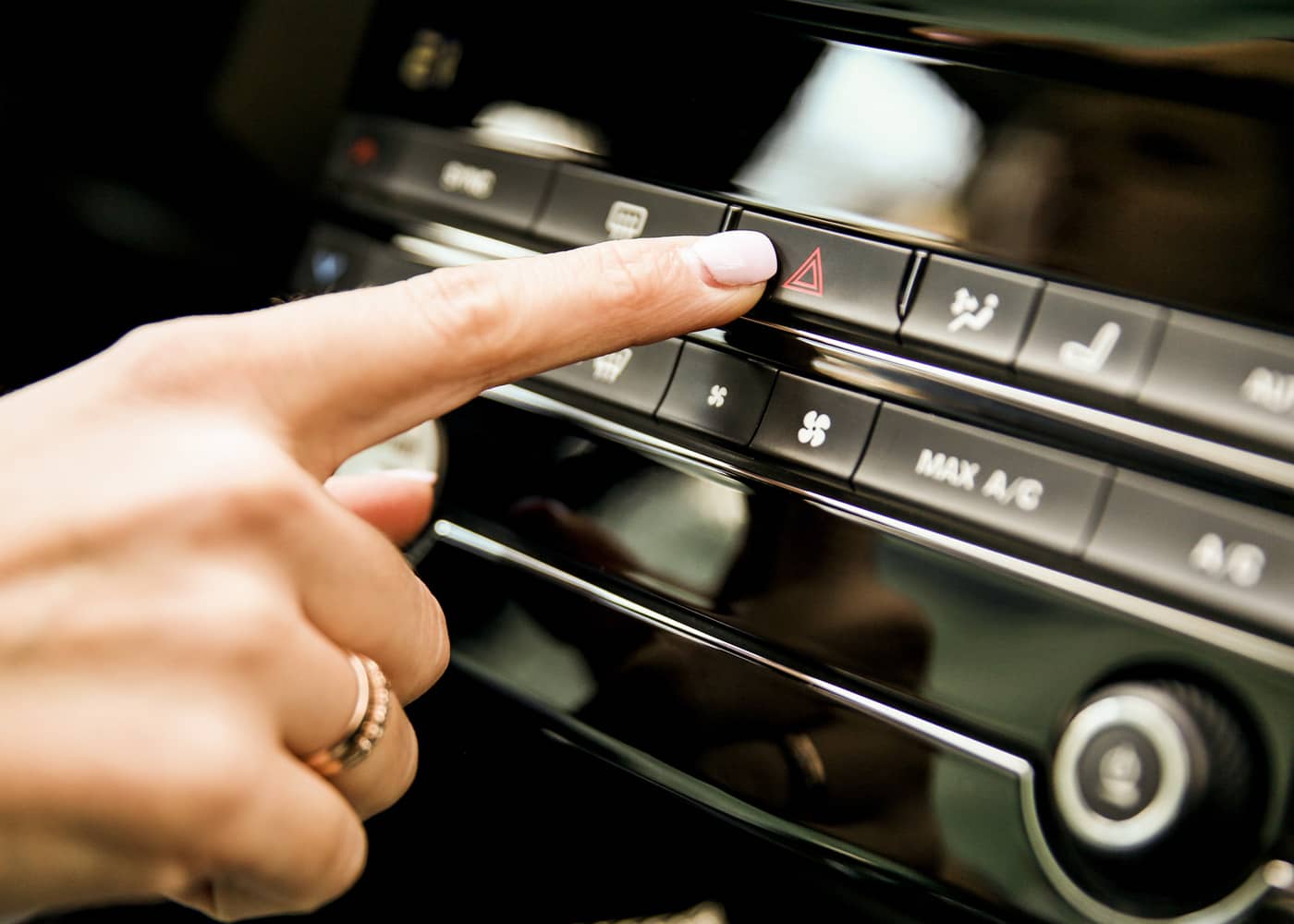
Have you been the victim of an accident where you have not been seriously injured?
If no one is injured and the cars can still be driven a little, clear the road after carrying out the usual observations. Take photos and markers for the report. If the damage is serious, there is at least one injured person or someone becomes aggressive or vindictive after the accident, call the emergency services on 101 or 112. The same applies if it becomes clear that one of the parties does not have the proper documents in place (especially in relation to insurance cover) or attempts to negotiate the situation at your expense. Make a note of the registration of the vehicles involved. In the event that a vehicle fails to stop, even if it is a minor incident, you must always contact the police (on 101 or 112 or visiting a police station) in order to file a complaint. If there were witnesses, ask for their contact information to support your complaint.
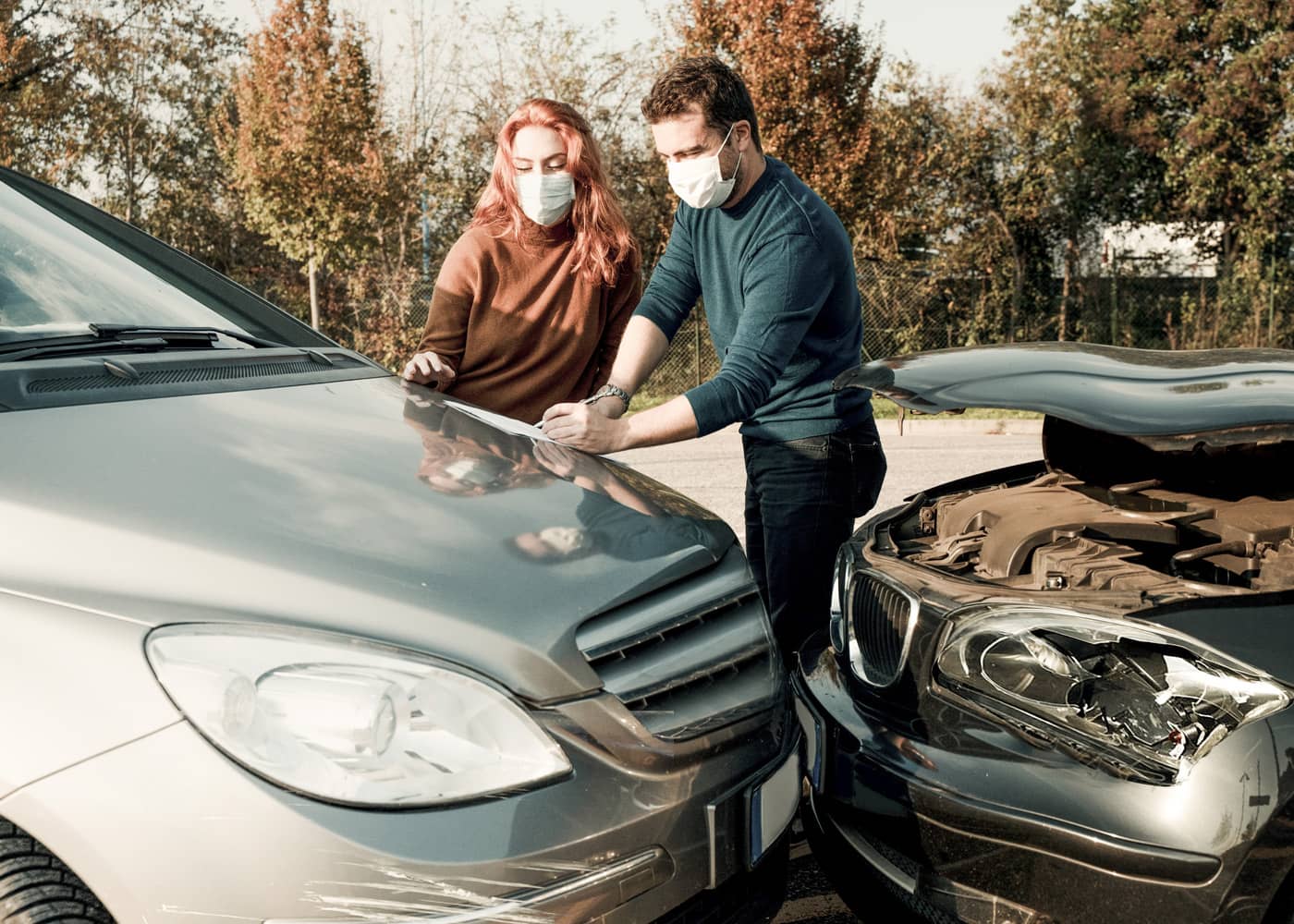
What should you do if you have a minor accident?
In the event of a minor accident, it’s possible to draw up an accident report straight away. In principal, this document should be kept in your glove compartment along with your insurance certificate. If the situation with the other party becomes tense, step away to avoid any conflict or violence and call for police assistance (101 or 112). However, be sure that you don’t give the impression that you are failing to stop or report an accident or trying to leave the scene. When filling out the report, remember that all of the information will be used by the insurance companies, either in support of or in defence of the claim, so pay attention to what you write:
- Even if the other user does not have a report, fill one out.
- Use a pen and make sure you write firmly enough so that it goes through the carbon copy (to create a second copy).
- Be sure to verify the identity of the other party.
- Take down the contact details for any witnesses (friends and family members are not considered to be witnesses).
- Only provide the key information and make a clear and detailed sketch.
- Box 14 gives you an opportunity to interpret the accident independently of the other party.
- In the event of an accident involving a minor (pedestrian – cyclist), you will need their parent or guardian to sign the document.
- Both parties must sign the report, but once signed it is difficult to go back on the statements.
- If the vehicle is immobilised and it was not necessary to involve the police, arrange for the breakdown company to clear the road. If not, the police will take care of clearing the scene of the accident.
- Notify your insurance company or your broker as soon as possible about what actions you need to take and the cover in place for human and material damage to yourself and other parties.
- After an accident, there is a risk you will suffer after-effects. If you experience pain, seek medical attention immediately. Adrenaline may have prevented you from noticing an injury or an issue at the time of the accident. Quickly talk to people you trust (spouse/partner, close friends, therapist) about any stress and/or any anxiety related to the event to try and mitigate any emotional trauma. This also applies if you witnessed the accident or saw or gave support to any victims or witnesses in distress.


